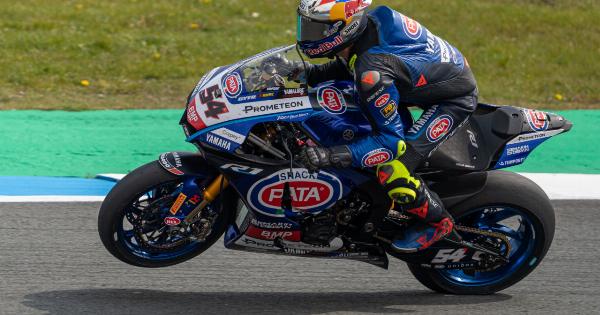Multiple myeloma is a malignant neoplasm of the plasma cells and is one of the most common hematological malignancies worldwide. It is known to affect people aged 65 years and older, with men being more commonly affected than women.
In the last few years, great strides have been made in the management of multiple myeloma. Today, there are new treatments and therapies being developed to combat the disease. One organization leading the way in this area is the EKPA, which is the Balkan Disease Study Group.
What is the Balkan Disease Study Group?
The Balkan Disease Study Group is a group of researchers and medical professionals based in the Balkans who are dedicated to advancing the understanding and treatment of multiple myeloma.
The group is made up of hematologists, oncologists, and researchers who work collaboratively to conduct clinical research, develop new treatment options, and advance the understanding of multiple myeloma.
Advancements in Treatment
In recent years, the Balkan Disease Study Group has made significant advancements in the treatment of multiple myeloma. One of the most significant breakthroughs has been the use of immunotherapy.
Immunotherapy is a type of treatment that uses the body’s immune system to fight cancer cells. This type of treatment has proven to be very effective in treating multiple myeloma, and has been shown to have fewer side effects than other treatments.
The Balkan Disease Study Group has also been instrumental in the development of new drug combinations for the treatment of multiple myeloma.
By testing various combinations of drugs in clinical trials, the group has been able to identify the most effective combinations for treating the disease. These drug combinations have been shown to significantly improve survival rates and quality of life for patients with multiple myeloma.
Research and Development
In addition to its work in treatment, the Balkan Disease Study Group has also been actively involved in research and development.
The group conducts clinical trials to test new treatments and therapies, and is constantly seeking to improve the understanding of multiple myeloma.
Recently, the group has been studying the use of CAR T-cell therapy in the treatment of multiple myeloma.
CAR T-cell therapy is a type of immunotherapy that involves modifying a patient’s T-cells to produce a receptor that targets and kills cancer cells. This type of therapy has shown great promise in clinical studies, and the Balkan Disease Study Group is working to further develop the treatment for use in patients with multiple myeloma.
Patient Care and Support
The Balkan Disease Study Group is not only focused on research and development, but is also committed to providing patients with the care and support they need.
The group works closely with patients and their families to ensure that they have access to the best possible treatment options and support services.
The group also hosts educational events and seminars for patients and healthcare professionals to further promote the understanding of multiple myeloma and its treatment.
These events provide patients and their families with the knowledge and resources they need to effectively manage the disease and improve their quality of life.
Conclusion
The Balkan Disease Study Group is at the forefront of advancements in the treatment and understanding of multiple myeloma.
Through its research and development efforts, the group is helping to improve the survival rates and quality of life for patients with this disease. Its commitment to patient care and support further underscores the importance of the work being done by the group. As advancements continue to be made, the hope is that one day multiple myeloma will no longer be a life-threatening disease.



























